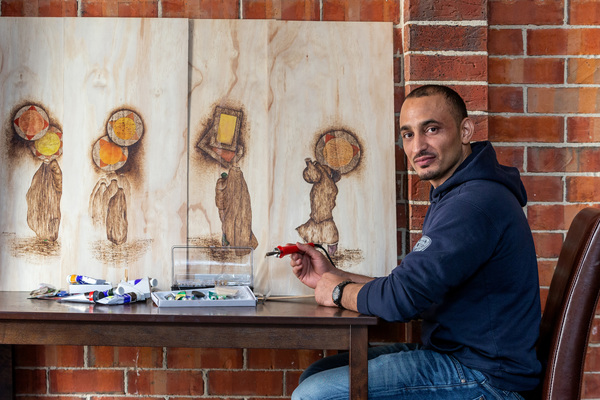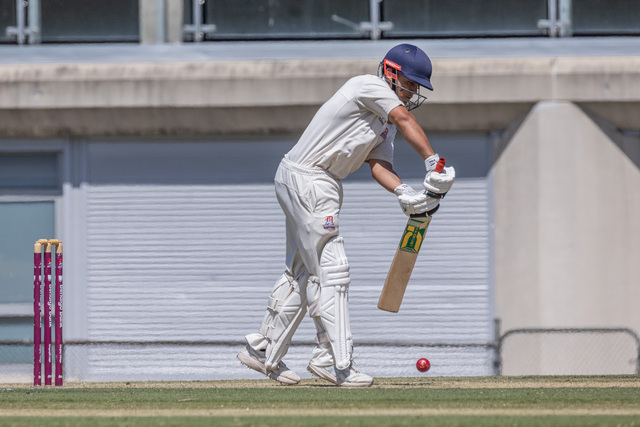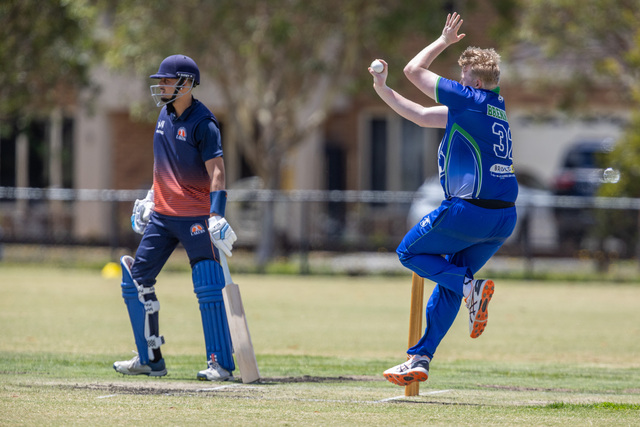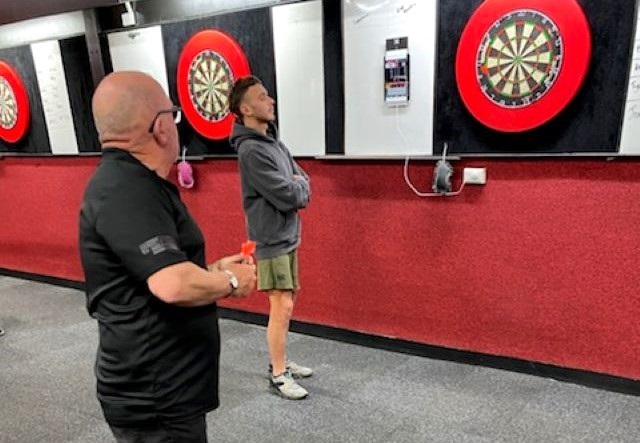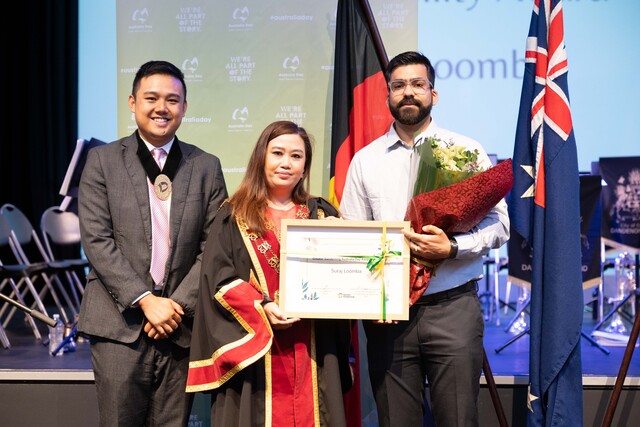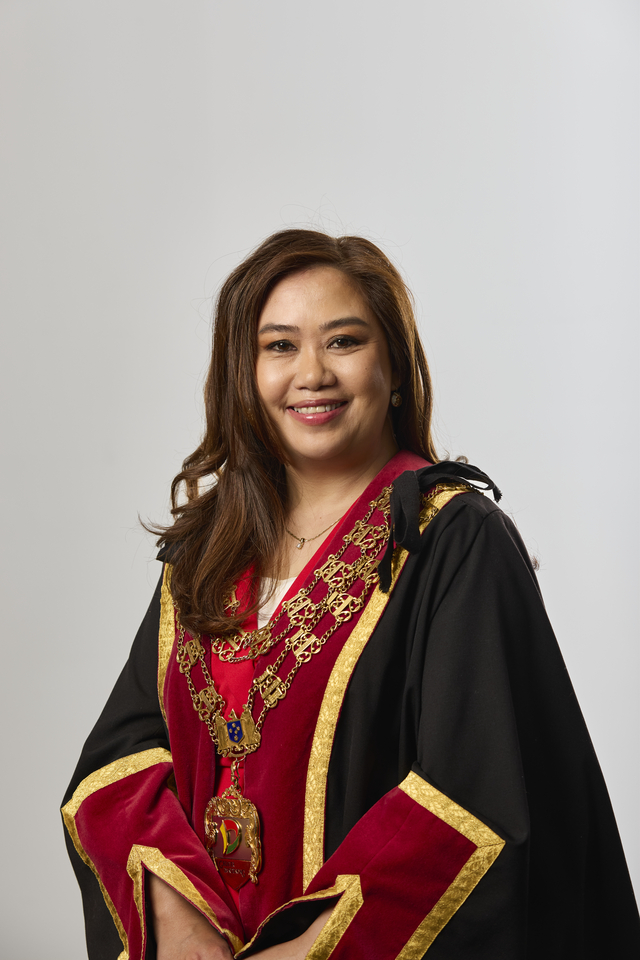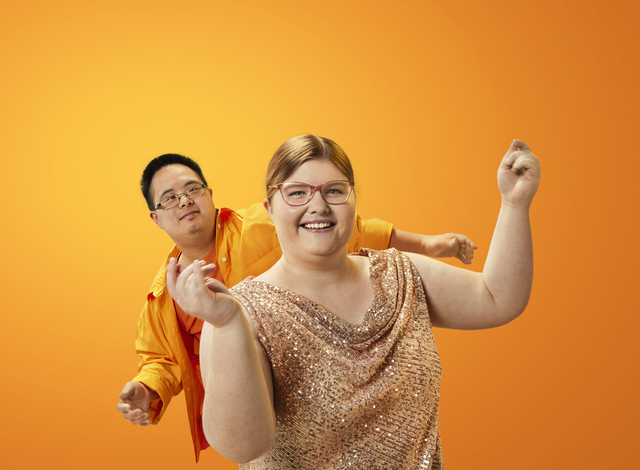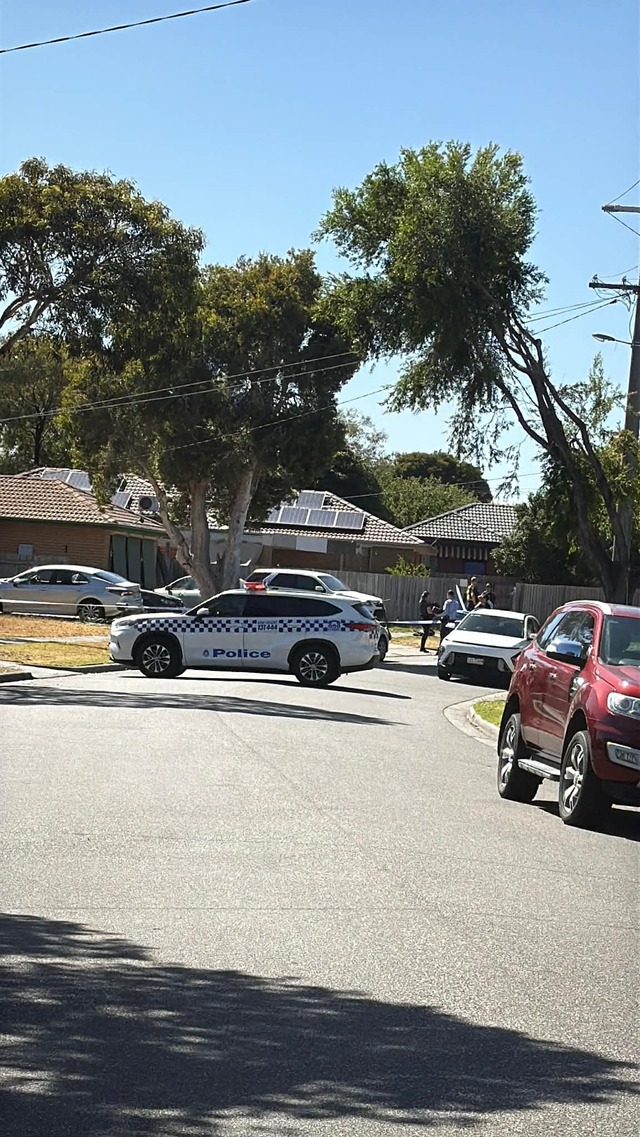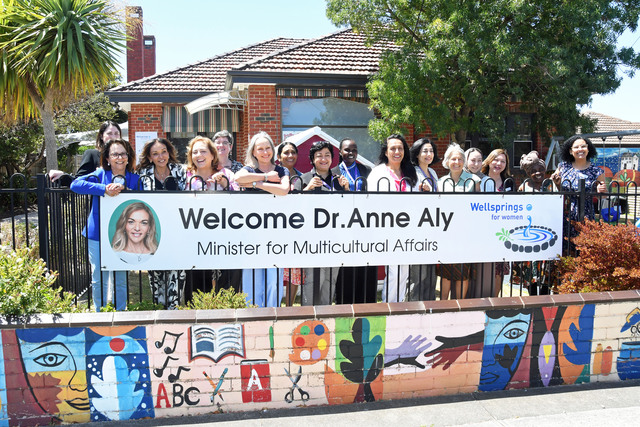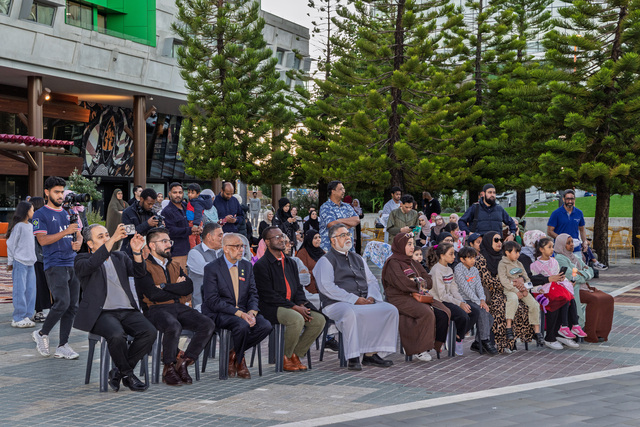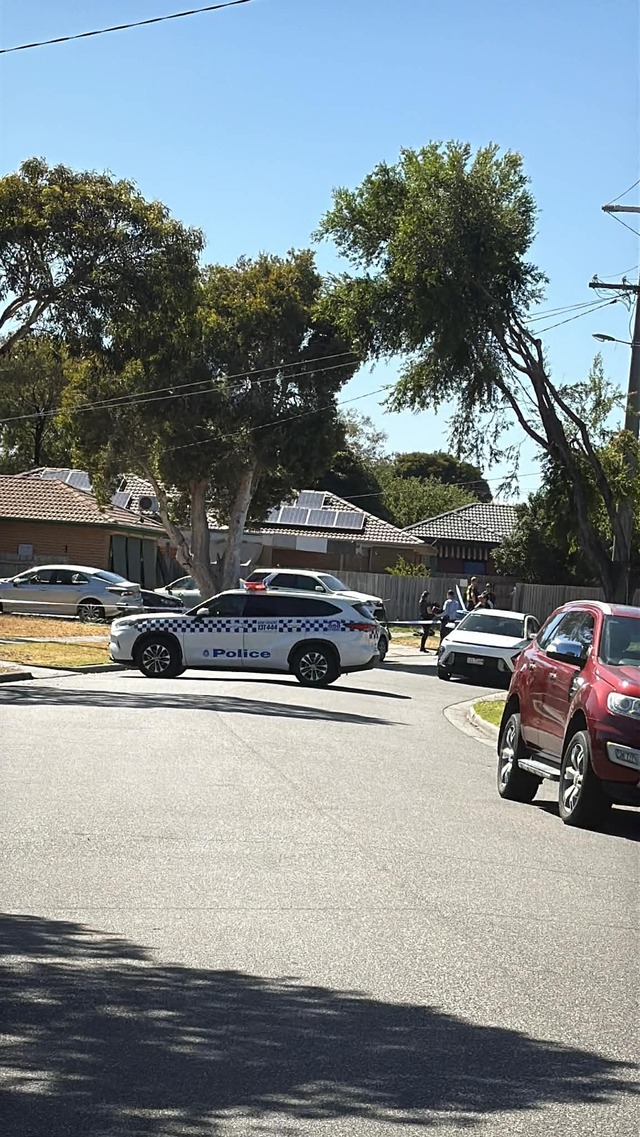Multi-talented Narre Warren artist Mirwais Janbaz makes for an extraordinary chapter in a newly-released book Refugee Stories: In Their Own Words.
Author Laurie Nowell, who launched the book in Dandenong on 10 May, has told the story of 48 refugees living in Australia, including Mirwais.
It was a chance to show refugees are resilient and ingenious people who have overcome challenges and dangers just to get here, Mr Nowell said.
They bring with them hopes, dreams and ambitions for their children.
“Refugees have always, and still, have a lot to offer this country,” Mr Nowell said.
Speaking six languages, Mirwais is an exponent of arts, martial arts and has a pre-apprenticeship in plumbing.
His unique art adorns a Canadian peace-poetry anthology Love Poems To the World.
At the Australian Migrant Employment Services (AMES), he’s voluntarily teaching new arrivals on the basics such as Centrelink, the housing market, as well as local geography and culture.
He’s considering a short course in security work or trying out for Victoria Police. He’s also looking to create an art gallery in his home garage.
He’s literally come far from early life in Afghanistan. At 7, he was nearly killed while out on an errand to buy bread.
As he neared the bakery, it was struck by a rocket that killed everyone inside.
The dangers amplified as the Taliban sought to abduct Mirwais’s sister. The family took exile, living in a form of legal limbo in Pakistan for 20 years, unable to officially work or even open a bank account.
Mirwais’s talent as a painter and calligrapher shone early. He taught art, calligraphy and the martial art Capoeira at refugee schools run by the UN while in Pakistan.
At the same time, he worked as a commissioned artist and an interpreter of six languages for the UN-run International Organisation for Migration.
“As a refugee you have to do different things,” Mirwais says.
‘It’s difficult to rely on just one thing.”
In Australia, refugee life has been relatively comfortable.
Mirwais gained an identity, he could open a bank account and do post-school training as a pre-apprentice plumber.
He is determined to gain ongoing paid work.
“I don’t want to take Centrelink money anymore,” he says. “I’m willing to take any type of job.
“Most of the refugees want to work and they have the energy to do something.
“How to accommodate them in work is the challenge.”
As life settles for Mirwais and his family, the trauma, anxiety and depression has started to surface.
They are still grief-struck by the death of older brother Waleed who was electrocuted in their badly-wired apartment in Islamabad.
“Dark things come in your mind. We are not facing those problems so we now have time to think about our feelings.”
His father has been hospitalised with post-traumatic stress and now lives in aged care.
Readers can find inspiration from Refugee Stories, which lays bare the problems that new arrivals have faced, Mirwais says.
“They can be confident and thankful for whatever they have. They can look at these people in a different way.”

